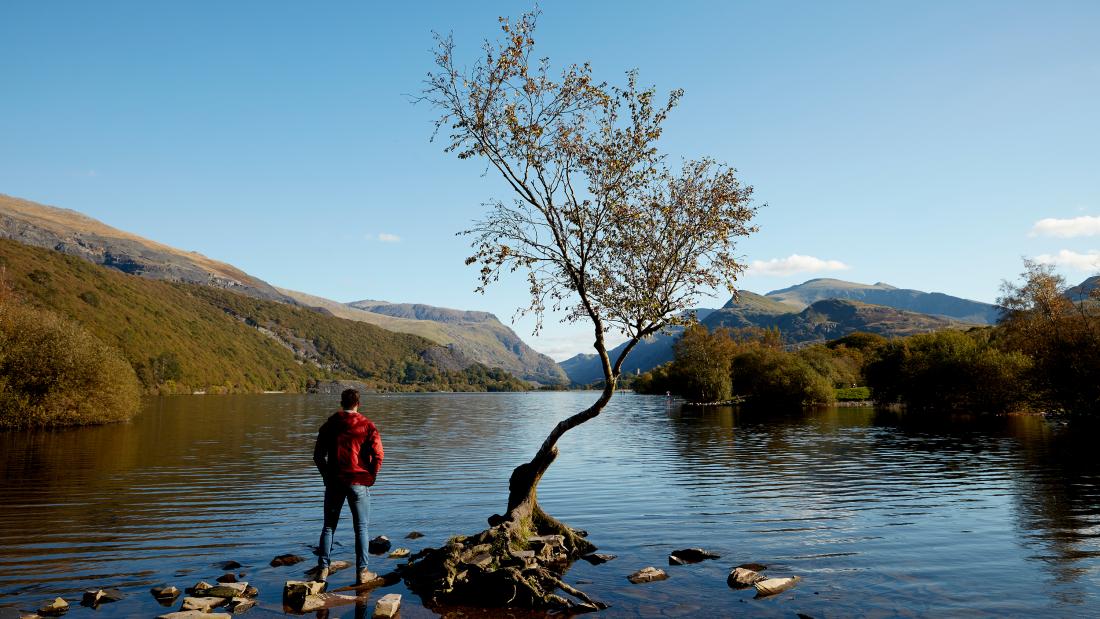The tourism industry is recovering at a rapid pace after almost 2 years of closure due to COVID-19, says Dr Linda Osti, the new lead in tourism management at Bangor University and an expert in consumer behaviour in Tourism.
“New skilled and knowledgeable graduates are needed if we want tourism to sustain the wellbeing of host communities. Easter has signed the start of a new summer season for tourism destinations and operators across Europe, with several destinations implementing different strategies to control visitors’ flows, ensure safety, avoid disruption to the hosting communities, and ultimately visitors’ increase satisfaction.”
“For example, the town of Portofino in Italy has implemented “red zone” areas at two ‘instagrammable’ hot spots where pedestrians could be fined up to €275 if they stop for too long while taking a picure or admiring the beauty of the scenery.
“Venice has once again discussed its strategy to introduce an entry fee to day visitors varying form €3 to €10 depending on the forecasted number of arrivals, and overnight visitors are already paying a tax, whilst nearer to us in north Wales, almost 40 vehicles were towed in Llyn Ogwen and Pen y Pass at the start of the Easter break.”
That’s why when Bangor Business School looked to develop a new BSc degree programme in tourism management, it was essential to ensure that it would be tailored to the needs of such a dynamic sector and would help both students and other involved in the tourism sector to understand the need to balance the economic and socio-cultural needs of the host communities, whilst offering memorable experiences to tourists.
“As a university located in an area between the mountains and the sea well-known as a tourist destination, and with the slate landscape of Northwest Wales recently designated World Heritage status, we are able to draw on industry-leading expertise in several aspects of tourism here on our doorstep as well as our industry connections throughout the UK and across the globe,” explains Dr Osti.
“Speaking with businesses local to us here such as Anglesey sea salt producers Halen Môn, the Welsh Mountain Zoo, and Eryri National Park has enabled us to find out what skills real businesses and tourism organisations require when it comes to graduate-level positions.
“Some of the big questions for tourism leaders at the moment are: how do we apply the exciting developments in the availability of real-time data and augmented realities to make tourism smarter? How do we make tourism more resilient, more sustainable, and work effectively with the wider community? What are the big trends that are changing consumer behaviour when it comes to tourism?”
“Our course has been designed to provide students with that all-important grounding in theory, and then move on to more applied study in years two and three, with field trips to tourism businesses. An applied project with a tourism organisation has also been built into as part of the course, as well as an option to undertake an extra placement year either in the UK or overseas.”
Dr Osti explains that although this degree programme is new, Bangor University has played a significant part in the development of tourism theory over the years.
“When students study tourism, one of the first theories they will learn will be the tourism multiplier, which explains how many times the money spent by a tourist circulates through a country’s economy.
“A well-known name in tourism economics, Prof. Brian Archer, first developed multiplier models during his time at Bangor University, first looking at how tourism expenditure formed a significant part of the economy of Anglesey and county of Gwynedd, before his research took him all over the world to carry out tourism impact studies.
“Two other internationally renowned economists known for their pioneering work in tourism impact, Prof. Stephen Wanhill and Prof. John Fletcher, also began their careers at Bangor under the initial supervision of Brian Archer.
“With this proud legacy in mind, Bangor University looks forward to playing a part in equipping students with the skills they need to shape a successful and sustainable tourism industry.”
For further information on the course, click here.

